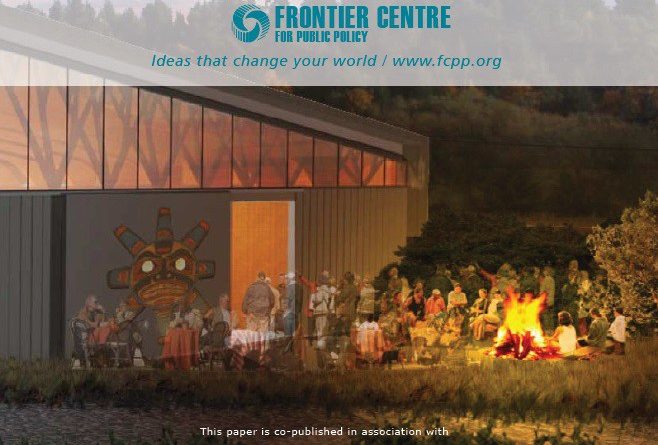Seven habits of highly effective First Nations
Source: Frontier Centre For Public Policy
Tom Flanagan and Lee Harding / November 2016
This paper examines 21 First Nations in Canada who scored highly on the 2011 Community Well-being Index (CWB), which is computed by researchers at the Department of Indian and Northern Affairs (INAC) after each census. The CWB Index includes Statistics Canada data related to incomes, labour market participation, educational achievement and housing quality. 11 of these 21 high-achieving First Nations are located in British Columbia, well above the province’s share of First Nations nationally (32 percent). The others are scattered throughout Canada, showing that high achievement for First Nations is not limited to any single region.
The authors discuss commonalities to many of the 21 successful First Nations, including geographical proximity to non-Aboriginal municipalities, willingness to capitalize economically on whatever local advantages exist, a smaller average population than other First Nations, their use of land as an economic asset, fiscal responsibility, good governance, trust in talented leaders and independence from INAC. They conclude the following as the seven habits of highly-effective First Nations:
- Recognizing the economic potential of land.
- Taking advantage of local opportunities.
- Remaining flexible through diverse investments.
- Respecting and supporting effective leaders.
- Running a businesslike, economic government.
- Taking control of decision-making from INAC.
- Willingness to cooperate with others, including non-First Nations communities.
The authors acknowledge that “many First Nations, particularly those in remote northern and rural locations, may have none of these advantages and thus may have to look for other pathways to success. But even in such situations, there can be promising opportunities.” Where implementable, the “seven habits of highly-effective First Nations” constitute a template for progress.
Read the full paper here: 7habitsfirstnations
